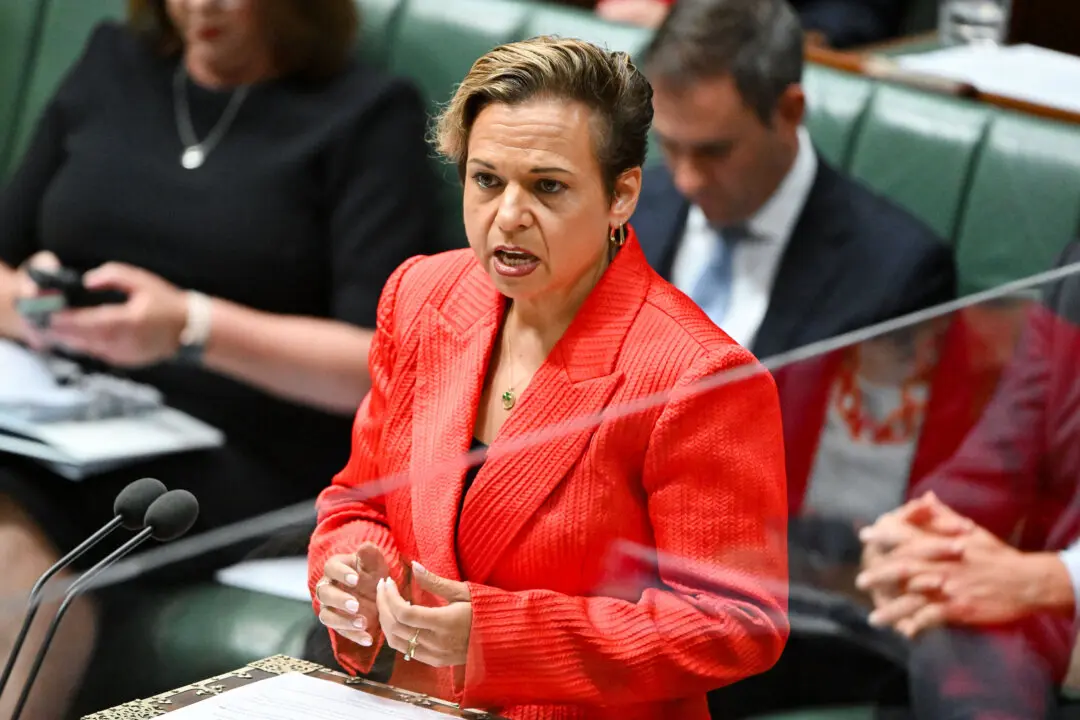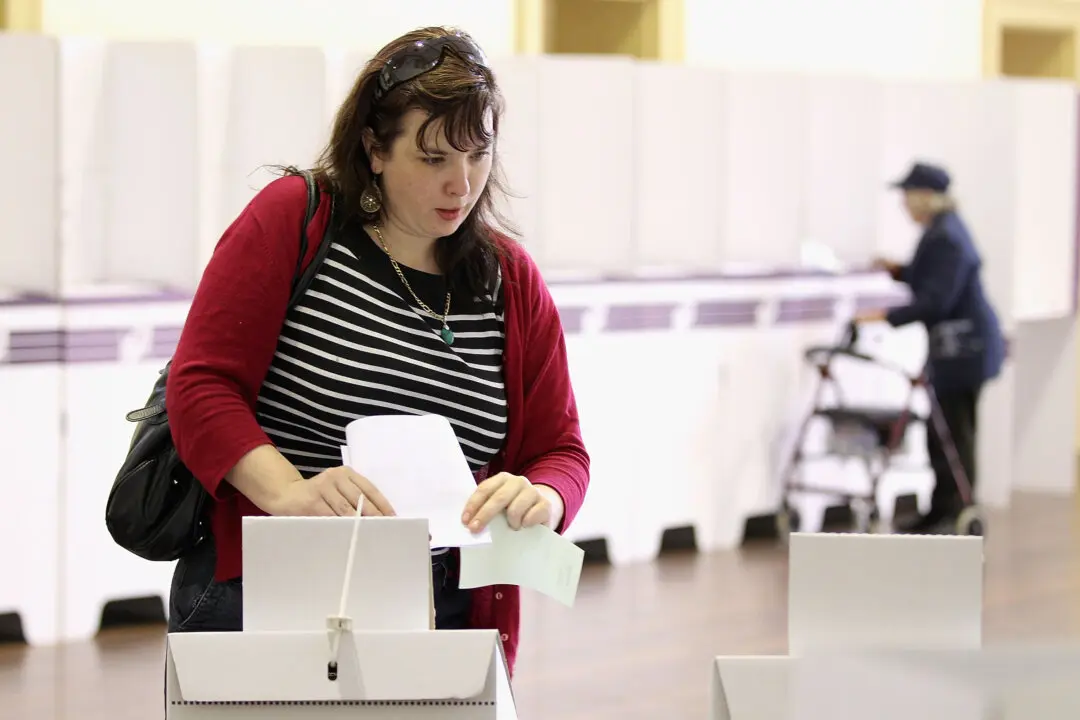Australia’s Albanese Labor government will drop its misinformation bill following a lack of support in the Senate.
“Based on public statements and engagements with Senators, it is clear that there is no pathway to legislate this proposal through the Senate,” Communications Minister Michelle Rowland said in a statement on Nov. 24.





